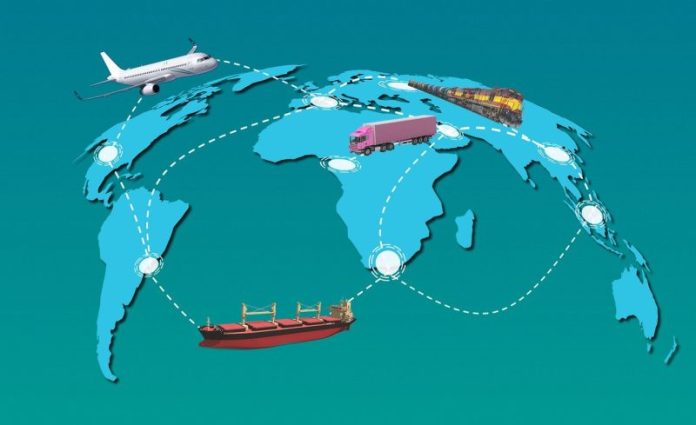-
Indo-Pacific Economic Framework for Prosperity members, including the Philippines, signed an agreement to boost their ability to respond to supply chain disruptions
-
Ministers from the 14-member framework also finalized negotiations on key agreements: clean economy, fair economy, and the Indo-Pacific Economic Framework for Prosperity
-
The supply chain agreement highlights the importance of building resilient and competitive supply chains in the Indo-Pacific region
-
It also aims to create structures for collaborative work on supply chains
-
IPEF partners will proceed with domestic processes to activate the supply chain agreement after signing
Members of the Indo-Pacific Economic Framework for Prosperity (IPEF), including the Philippines, signed an agreement during the 2nd IPEF ministerial meeting in San Francisco, California, to enhance their capacity to prevent and respond to supply chain disruptions.
The signing includes the first-of-its-kind Indo-Pacific Economic Framework for Prosperity Agreement Relating to Supply Chain Resilience. Additionally, negotiations on the Clean Economy Agreement, Fair Economy Agreement, and Agreement on the Indo-Pacific Economic Framework for Prosperity were substantially concluded, covering three pillars of the framework: Pillar II (Supply Chain), Pillar III (Clean Economy), and Pillar IV (Fair Economy).
Launched in May 2022 by the United States with 14 members, including Australia, Brunei Darussalam, India, Indonesia, Japan, South Korea, Republic of Korea, Malaysia, New Zealand, Philippines, Singapore, Thailand, Vietnam, and Fiji, the framework aims to advance resilience, sustainability, inclusiveness, economic growth, fairness, and competitiveness for the members’ economies.
“Our ongoing cooperation through these agreements will promote workers’ rights, increase our capacity to prevent and respond to supply chain disruptions, strengthen our collaboration on the transition to clean economies, and combat corruption and improve the efficiency of tax administration,” according to IPEF’s leaders’ statement.
The signing of the supply chain agreement follows the conclusion of negotiations in May 2023.
The agreement emphasizes the importance of building resilient and competitive supply chains in the Indo-Pacific region. It establishes structures to enable collaboration on supply chains, including developing a shared understanding of regional supply chains, improving crisis response capabilities, sharing information on supply chain opportunities and vulnerabilities, facilitating business matching and investments, promoting supply chain resilience, and enhancing labor rights and workforce development across IPEF supply chains.
The IPEF partners will continue their work on their respective domestic processes necessary for the entry into force of the supply chain agreement and put it into formal action. Cooperation on supply chain issues, including sharing best practices on monitoring and participating in tabletop exercises related to cybersecurity and crisis response, has already begun.
Through the Clean Economy Agreement, the IPEF partners commit to pursuing their shared climate objectives and respective pathways to net-zero emission economies while also ensuring sustainable growth for all partners.
The Fair Economy Agreement focuses on enhancing fairness, inclusiveness, transparency, the rule of law, and accountability to improve the trade and investment environment in the Indo-Pacific region.
Finally, IPEF partners announced the substantial conclusion of negotiations on the proposed Agreement on the Indo-Pacific Economic Framework for Prosperity. This agreement aims to establish an IPEF Council and Joint Commission, with the Council considering matters affecting the collective operation of agreements related to the four IPEF pillars and the Joint Commission monitoring work under agreements negotiated under Pillars II-IV.
The next steps involve IPEF partners undertaking necessary actions, including domestic consultations and legal reviews, to prepare final texts of the three proposed agreements. Once finalized, these agreements will undergo domestic processes for signature, followed by ratification, acceptance, or approval by IPEF partners.





